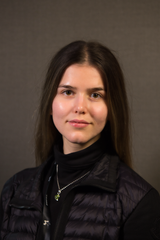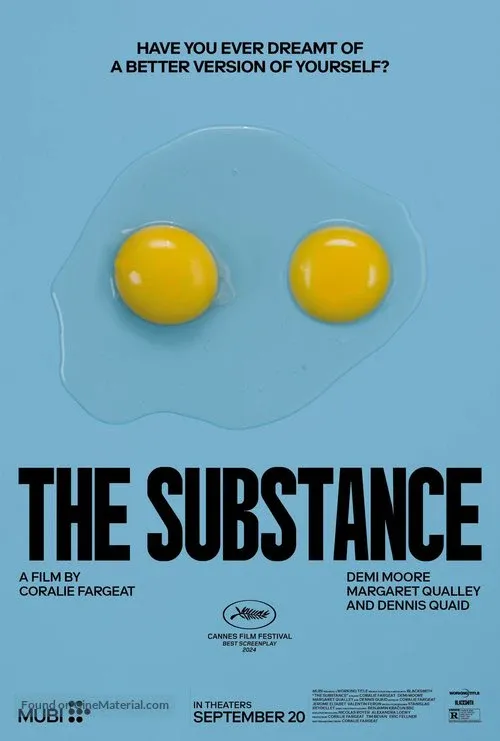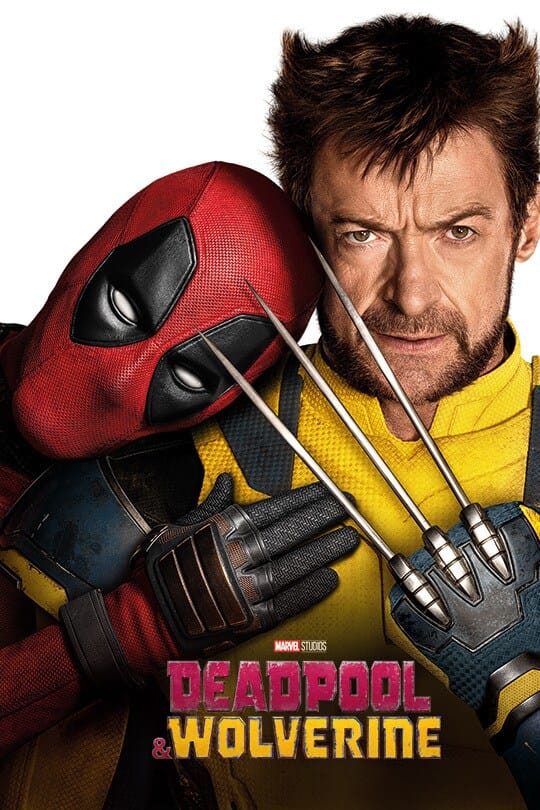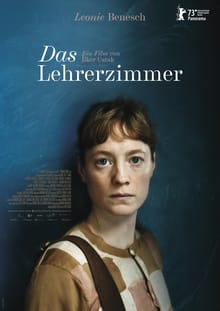LEAFF opens with Escape
The opening gala of the London East Asia Film Festival invited icons, celebrated directors, and curious students to view the Korean action-thriller.
The London East Asia Film Festival (LEAFF) opened its two-week long event last Wednesday, at the Odeon Luxe Cinema in Leicester Square, with the Korean action-thriller Escape, a heart wrenching story of a North Korean soldier stationed close to the Korean Demilitarized Zone (DMZ) and his attempted escape into South Korea. The King’s College London Singaporean Society was gifted 15 free tickets by LEAFF for them and their friends, hence my friend extended the invitation to me.
At 6:30pm, we were granted access into the venue; a rather spacious red carpeted corner, with a wall tiled with sponsor’s names, gradually filled with celebrities. Hong Kong actress and film director Sandra Ng was one of those celebrities who caught my eye, with her welcoming smile and open body language. Eventually, we were asked to move to the circle floor as more celebrities entered the venue.
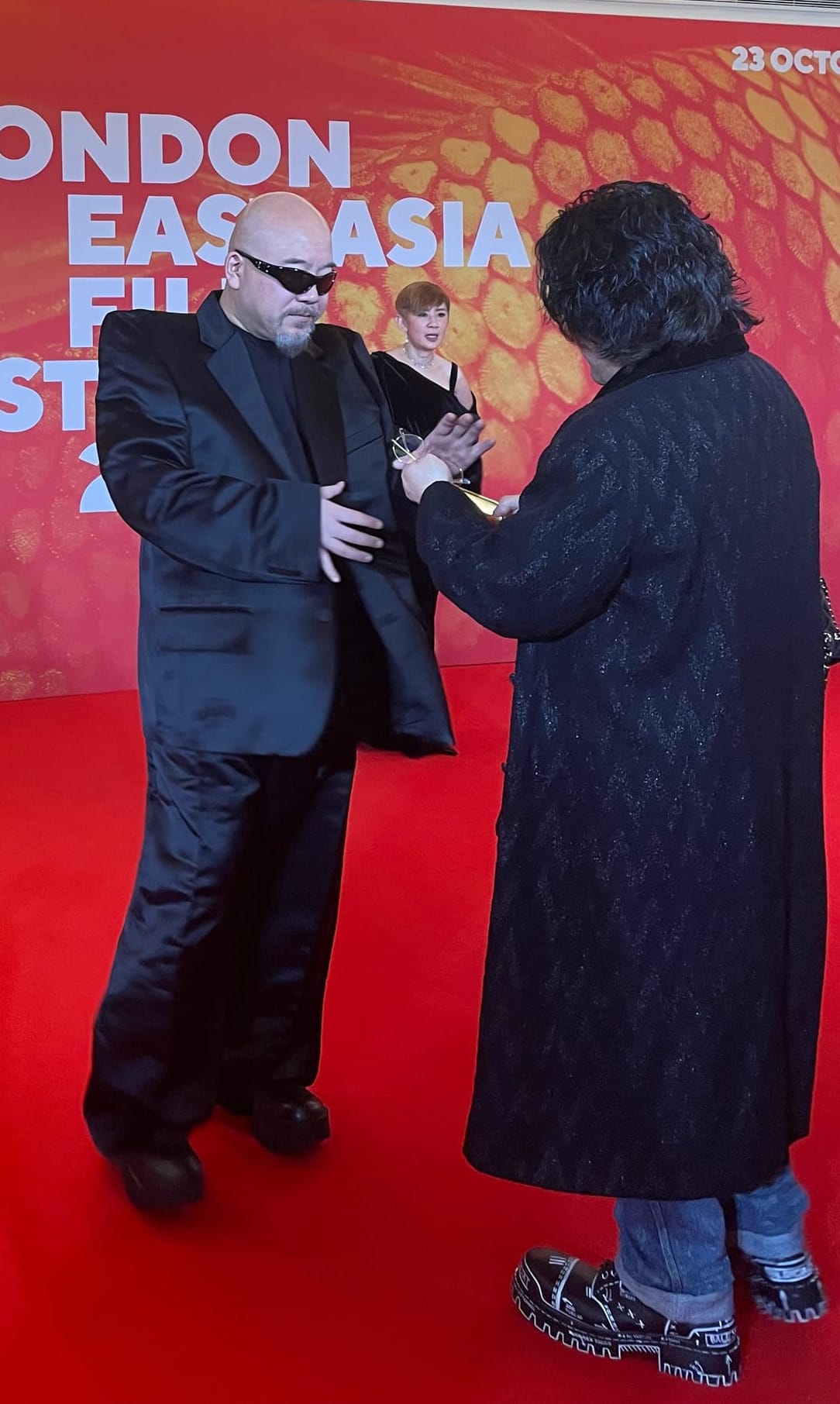
On the first floor, we caught a glimpse of special guest and actress Lim Ji-yeon (second female lead in the Korean thriller series The Glory) before we were asked to head to our seats. At seven o’clock, the show began with some music playing on the pipe organ, followed by speeches and awards. After an hour, the film eventually began.
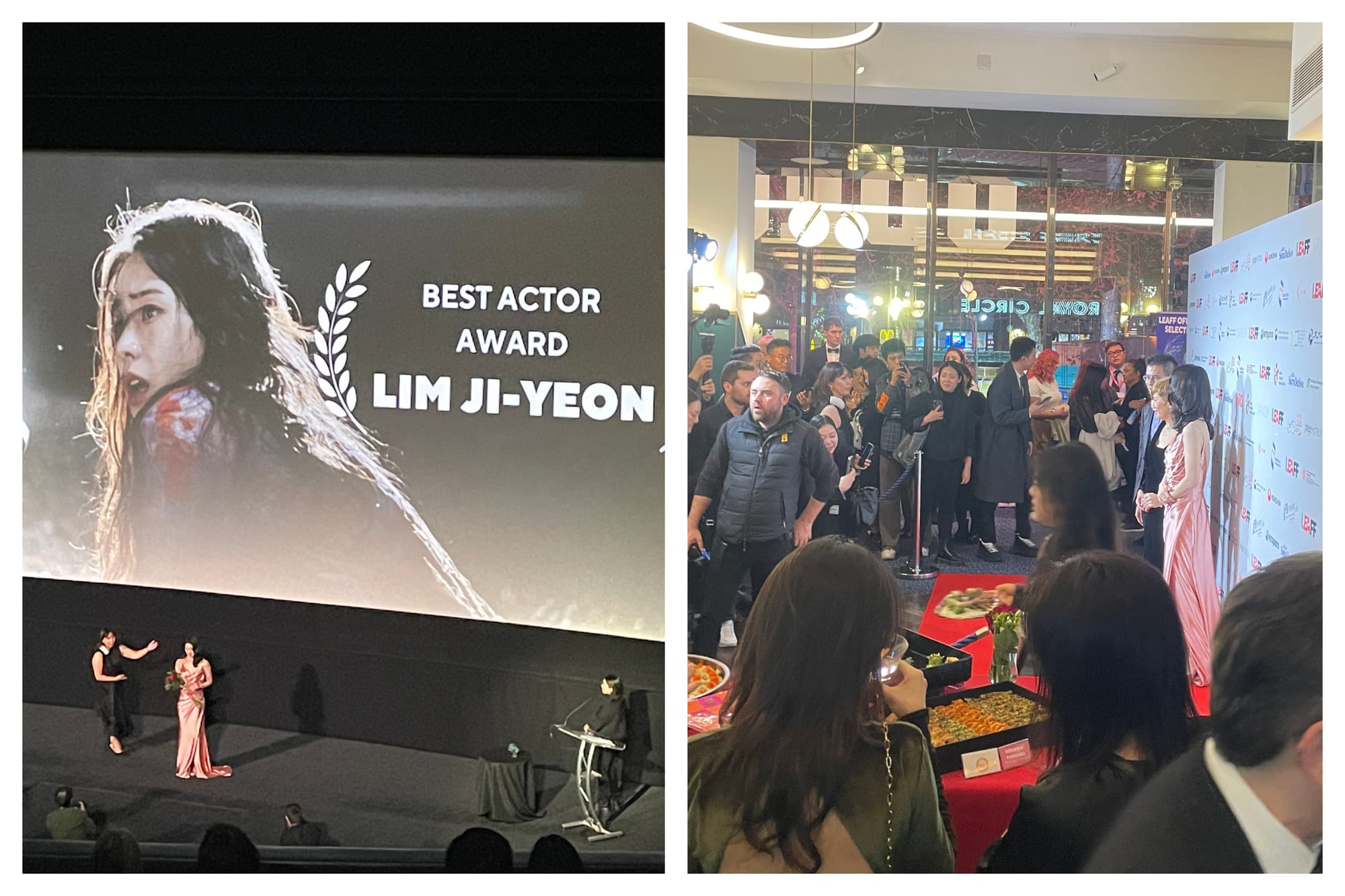
Escape’s opening scene was thrilling, with my friends commenting that “this is where the entire budget went to.” It introduces our protagonist Im Kyu-nam, played by Lee Je-hoon, a North Korean soldier stationed at the DMZ. Every night, he works on his plan to escape, drawing a map and hiding his tools in different places along his route. Close to the date he has chosen, he is forced to leave early due to the oncoming rainy weather, which would wash away the locations of landmines. Had he found success, the movie would have ended after ten minutes: instead, the audience follows Kyu-nam through a series of roadblocks, narrow escapes, and tear-jerking scenes of characters we come to love, before the movie ends with Kyu-nam shot in the back, inches away from freedom. How he got there is up to you to find out.
The director of the film, Lee Jong-pil, gave a short speech before the movie. He mentioned that “every film has a deeper meaning” and while this does apply to Escape, he was keen to point out that he wanted to make the film fun and entertaining. As such, he dusted the film with irony, slipped in modern-day references, humiliated totalitarian dictatorships, and even added a romantic Russian queer love story for our antagonist Major Lee Hyun-sang, played by Koo Kyo-hwan (Peninsula, D.P.) a character more loved than despised by the audience.
Overall, the film is a must-watch thanks to its cinematography, its score celebrating classical composers such as Strauss and Chopin, the film editing, and the costumes for the upper-class of the North Korean regime.

